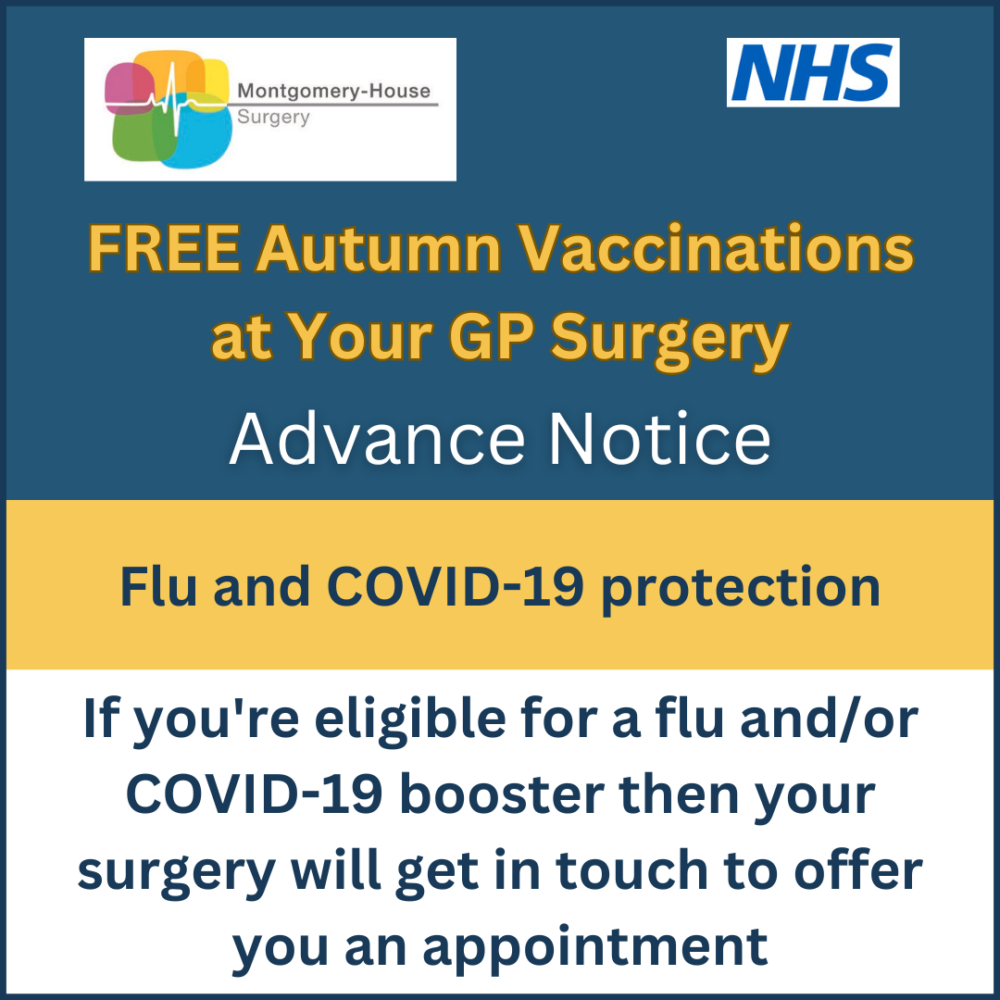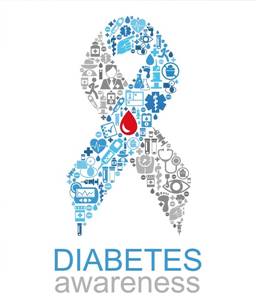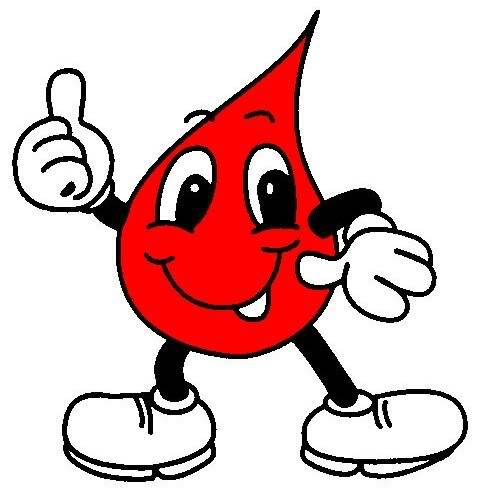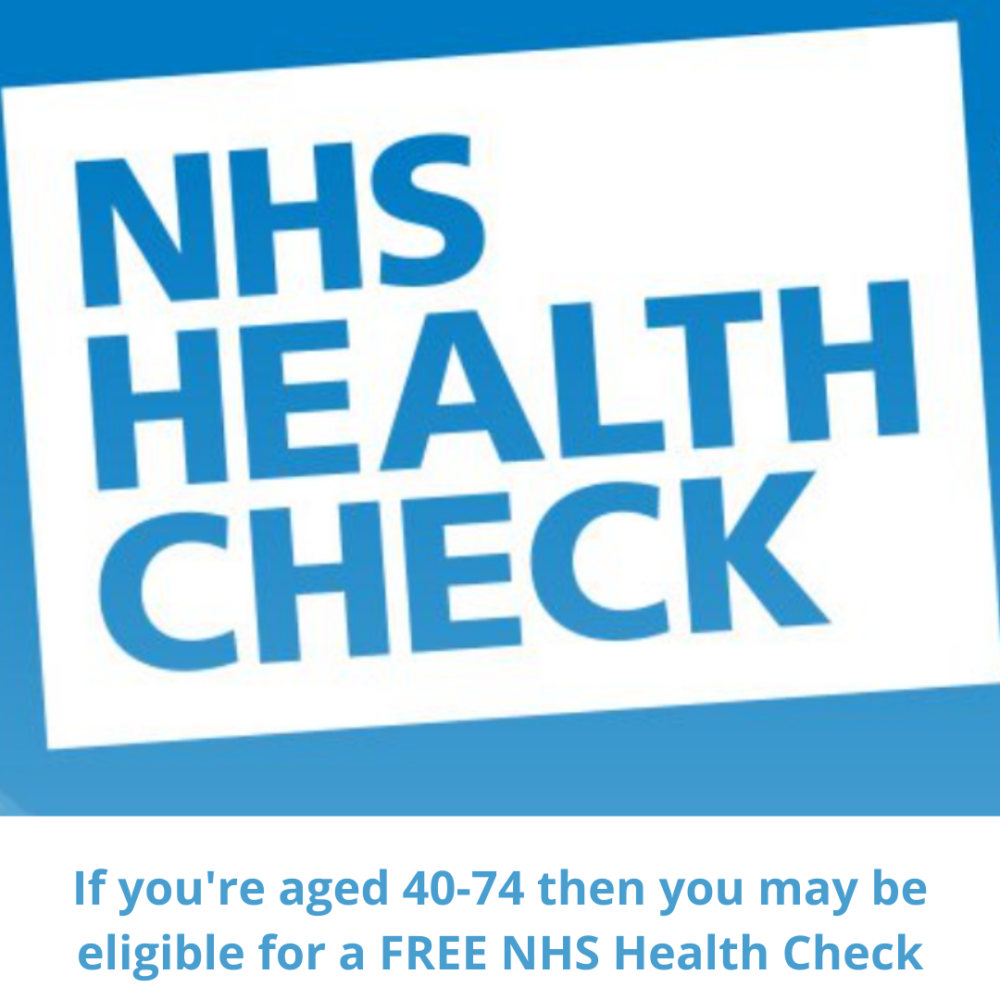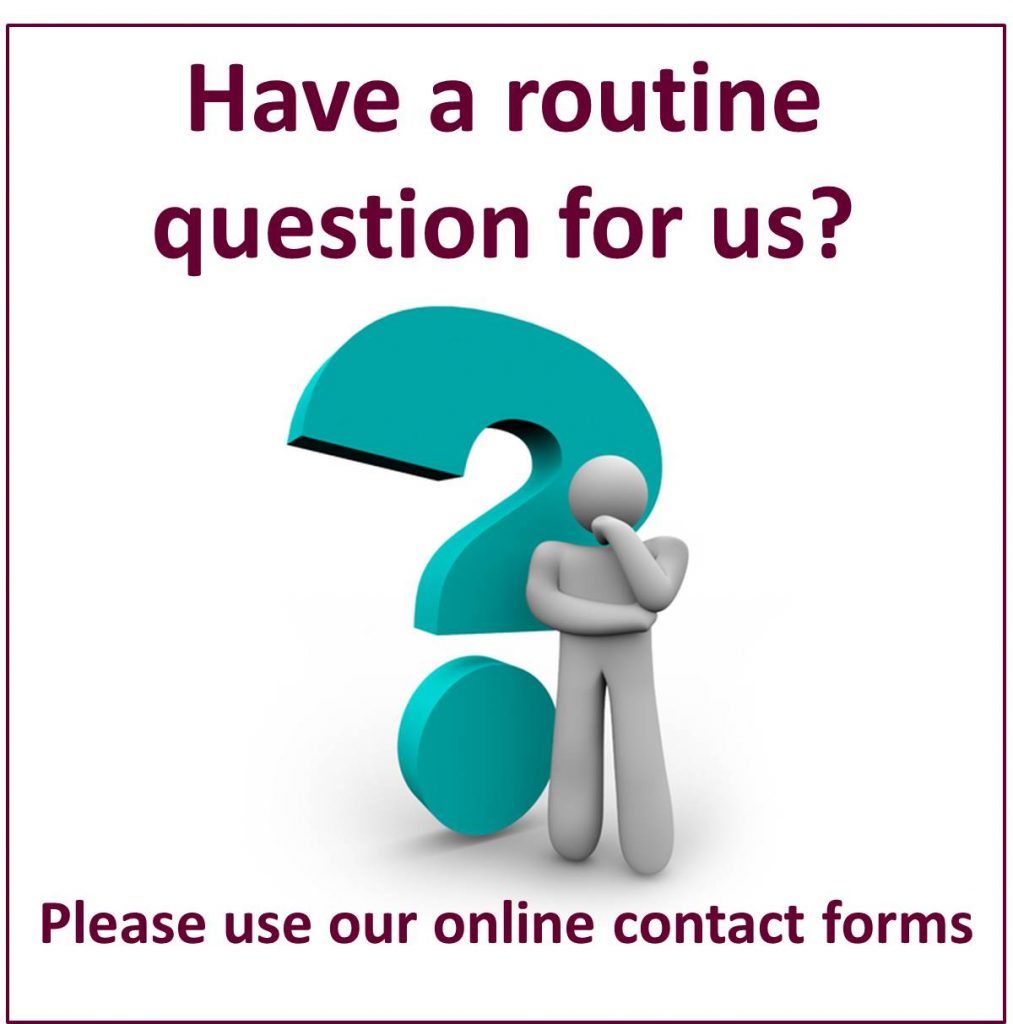MENTAL HEALTH – A GUIDE TO FEELING HEALTHIER AND HAPPIER
Why can we feel low and anxious sometimes?
It is normal to feel miserable or low at times in our life when we are very stressed or have suffered a life-event such as a bereavement. Depression is the term used when this normal sadness extends for many weeks and starts to affect all areas of our life.
Anxiety is when we start worrying about things that wouldn’t normally worry us, or these worries become intrusive and stop us from getting on with our usual activities.
Depression can include Seasonal Affective Disorder where sufferers feel low around Winter, Post-natal depression which is common after child-birth and Manic Depression where sufferers experience episodes of severe depression and then mania where they become over-energetic, can’t sleep and can think in a grandiose manner and make unrealistic plans.
Suicidal Thoughts
If you are feeling that life is not worth living or you have made plans to harm yourself you need to speak to the surgery urgently so use our econsult system for an urgent appointment, call patient services to request a same day assessment. If we are closed the you can call 111, attend A&E or the Oxford Safe Haven:
This is a safe space if you are concerned that you may be feeling suicidal or having thoughts of harming yourself or others. You can call 01865 903037 or 07710092849. This is located at The Manzil Resource Centre, Entrance 2, Manzil Way. Oxford OX4 1XE. oxonsafehaven@oxfordhealth.nhs.uk.
Who gets depression and anxiety?
Anyone can get depression and anxiety. It can come out of the blue or follow on from some chronic stress or life-event such as a bereavement, divorce, financial crisis or physical ill health.
There are some fantastic, well researched books that have drawn together all the latest thinking about depression in particular which include “Lost connections” by Jahann Hari. Other books can be found at reading-well.org.uk
What can I do to feel better?
Eat a diet based on vegetables, fruits and nuts
A diet full of sugar, saturated fat and salt has been linked with an increased risk of depression.
Research has shown that a “Mediterranean diet” – one full of vegetables, fruits and nuts can nourish your healthy gut bacteria and improve your mood.
Very impressive results have come out of an Australian trial on improved diet in those with significant depression called “The Smiles Trial” – see the results at www.foodandmoodcentre.com.au
Eating foods that contain healthy bacteria are also thought to help. These include “smelly” cheese, yoghurts, the yoghurt drink Kefir, Sauerkraut and Kombucha tea.
If you want more advice on a healthy diet there are some books/websites to read:
- “The Clever Guts Diet” by Dr Michael Mosely and see his website cleverguts.com
- “The 4 pillar plan” and “The Stress Solution” by Dr Rangan Chatterjee
- nhs.uk/live-well/eat-well
- “How not to Die” by Dr Michael Greger and see his website NutritionFacts.org
Get more active
Exercising to get you feeling hot and out of breath so that your heart rate rises has been shown to raise mood, boost confidence and improve your immune system function. You should aim to exercise to this level at least 5 times a week for 30 minutes at a time.
Group exercise programs are thought to be the best way to boost mood. Could you find a local aerobics group, step class or running club?
Out-door exercise is also particularly helpful as exposure to sunlight can boost the mood. Could you go for a walk outside, a jog or get the bike out?
If you are unsure of what is available in your area you can contact the Go Active advisor in Oxford on: www.getoxfordshireactive.org
There are also lots of local groups such as parkrun
http://www.parkrun.org.uk/bicester/
If you are severely depressed you may be eligible for exercise on prescription which allows you to have reduced cost sessions with a personal trainer at Bicester Leisure centre (you need a referral from your GP for this)
Start a Vitamin D Supplement
Most of us in the UK don’t get enough sunshine on our skin to make enough vitamin D. This is particularly the case if you have dark skin, work night shifts or just don’t go outside much. We should all be on at least 10 micrograms of vitamin D/day as an adult but if you have dark skin or it is Winter then you may need 25 micrograms of Vitamin D/day. These supplements can be brought over the counter.
Low vitamin D can make you feel achy and tired which may contribute to feeling depressed.
Improve your sleep quality
Poor sleep can worsen and trigger depression but it can also be part of getting depressed.
Avoiding bright/blue light in the few hours before bed can really help to get off to sleep better. This means turning the lights down from around 7-8 pm, not using phones/iPads or watching TV but having a bath, reading a book under a dim light. You can even purchase blue-light blocking glasses to wear after 6pm.
Avoiding caffeine or exercise in the evening can also help.
There is an excellent NHS accredited on-line program that can help you with sleep problems at www.sleepio.com
Mindfulness Meditation
10 minutes every day of guided mindfulness meditation for 3 months at least has shown to shrink of the area of the brain involved in anxiety and low mood from research scanning of patients. This is a safe approach but requires persistent and often life-long pratice; it is a skill not a quick-fix.It has been shown to improve anxiety, sleep quality, mood, relationships, productivity, concentration and many other problems such as blood pressure and insomnia.
You can buy books to help you start this such as “Mindfulness, A practical guide to Finding Peace in a Frantic World” Dr Danny Penman and Mark Williams.
Headspace or Calm are websites and Apps that can be used to learn how to meditate. The first 2 weeks are free but after this you will need to subscribe.
Avoid any Alcohol or Drugs
Alcohol is a depressant even in “healthy” quantities (men less than 21 units and women less than 14 units). Often when we’re stressed we can use alcohol to help us get to sleep and relax. This can turn into an unhealthy and destructive pattern which often involves using caffeinated drinks to get us going again in the morning. Alcohol has effects on the brain to increase the hormones that make us anxious and low. If you are already depressed you should try to avoid alcohol as much as possible. It may be worth thinking about your alcohol consumption and whether this has contributed to becoming low?
Illicit drugs such as Ecstasy, heroin, cocaine and cannabis have all been linked to depression. All these drugs have been found to chemically alter the brain to increase the levels of hormones that make us feel low. The other problem with drugs is the life-style of drug seeking behavior which often causes distress and difficulty for example losing your job or loved ones.
You can get help and advice about drug use/addiction at www.oxfordshiredaat.org or at 01865 403261
Help with alcohol related problems https://drinkcoach.org.uk
You can also request referral to our Community Addictions Nurse. Families can seek support at drugfree.org
Get out and connect with people
Sometimes feeling isolated can cause us to feel low and anxious. Making connections with other local people in a similar situation can help to share a problem and seek support.
If you have a particular hobby you think you’d like to develop and offer to help others you could post your skills on the Oxfordshire Community and Voluntary Action website – they can help link you in with people who you could connect with. See www.ocva.org.uk
If you wanted to attend a Bicester support group, for example a carers support group, these are advertised on the www.livewell.oxfordshire.gov.uk websites.
You can also get support from workers who can help with any form of stress whether financial/due to social isolation etc. from Community Connect at 0300 004 04 01 or community.connect@nhs.net or www.canosn.org.uk/communityconnect
Anti-depressant Medications
SSRIs (Selective Serotonin Re-uptake Inhibitors)
Such as Citalopram, Fluoxetine (Prozac) and Sertraline. These medications take at least 3 weeks to have any effect and often need to be gradually increased. They have a few side effects. Initially they can cause some mild nausea but this wears off. They are not addictive but should be gradually stopped as they can make you feel unpleasant if suddenly stopped.
TCAs (Tri-cyclic Anti-depressants)
Such as amitriptyline, trazodone, mirtazepine. These anti-depressants often cause some sedation so are taken at night time and can help sleep. If you find that you are still sleepy in the morning it is important that you do not drive. This sleepiness may wear off after a couple of days. They are much more likely to cause some more significant side effects such as a dry mouth, weight gain and increase the chance of developing diabetes so are less commonly used.
Other Medications
Sleeping tablets such as Zopiclone and Temazepam are Valium type medicines and addictive. They are not used to treat anxiety or depression but can be used for a maximum of 3-5 days in extremely difficult situations such as directly after a bereavement to help sleep in the first few days. They cannot be used over the long-term. They have been associated with an increased risk of dementia.
Talking Therapies
Talking Space Plus
Talking Space Plus coordinates a number of different therapies such as counsellors, psychologists, on-line cognitive behavioural therapy access and face-to-face cognitive behavioural therapy (CBT).
Call 01865 901222 or email talkingspaceplus@nhs.net or visit www.oxfordhealth.nhs.uk/talkingspaceplus
Counselling
Counselling often helps when you need someone outside your friends and family to listen in a supportive and confidential manner. Counsellors often help people after traumatic events such as bereavement and divorce. Your GP can refer you to the surgery counsellor or you can self-refer via Talking Space Plus (see above)
Cognitive Behavioural Therapy (CBT)
You see a psychologist in CBT who spends some time with you helping you to understand the way you think about problems in your life. CBT is quite hard work and you will be given exercises “home-work” to complete in your own time. It is best to embark upon CBT when you have got over the worst symptoms of depression. CBT best helps those who are prone to recurrent depression or anxiety and equips you with skills to recognize harmful negative thinking which can increase the chances of you becoming depressed again. This can be accessed through Talking Space Plus.
Psychiatrists
If you have treatment resistant and severe depression you GP can refer you to a Psychiatrist. This is usually only needed for severe depression where you are feeling suicidal or depression which is not responding to medications or talking therapies and may need stronger medications. Psychiatrists also look after people with mania and schizophrenia.
More Help, Support and Information
Self-help books
The 4 Pillar Plan and The Stress Solution by Dr Rangan Chaterjee – a fantastic science based book on how to live a healthier and happier life. See also drchatterjee.com
Lost Connections by Johann Hari – an inspiring book on why we get depressed and how to feel better.
Feeling Good, The New Mood Therapy by DD Burns –CBT exercises
Manage Your Mind by Dr Tony Hope –chapters broken down into areas of difficulties with self-help exercises.
Websites
- masteringstress.com
- mind.org.uk
- livinglifetothefull.com
- glasgowsteps.com
- feelingbetter.org
- http://moodgym.anu.edu.au
- beatingtheblues.co.uk (only available via Talking Space Plus)
Financial Support
- National Debtline – 0808 808 4000 nationaldebtline.co.uk
- Consumer Credit Counselling Service – 0800 138 1111 cccs.co.uk
- Payplan -Free debt management service – 0800 716 239 payplan.com
- Money Made Clear- Information about a range of financial issues including the “debt test”
- moneymade.clear.fsa.gov.uk
- Rethink Advice Service -02078403188
- Citizens Advice citizensadvice.org.uk
- Community Legal Advice -Free legal help and information for clients eligible for legal aid 0845 3454 345 clsdirect.org.uk
Citizens Advice Bureau can also be access through Community Connect at Community Connect at 0300 004 04 01 or community.connect@nhs.net or www.canosn.org.uk/communityconnect
Support with Cancer in the Bicester Area
Hummingbird Centre, Launton: adminhope@thehummingbirdcentre.org.uk (monitored once a week on a Friday).
Alternatively, you can call 01869 244244 and ask for Rachael or Tracey, if you have any questions.
Support for Veterans
/practice-information/uk-armed-forces-veterans-nhs-priority-treatment/
Support if you’re experiencing Domestic Violence
The Eve project for women and AMOS men’s project, based in Upper Heyford, www.cleanslate.org.uk 01869 232461
www.womensaid.org.uk 0808 2000 247
Oxford domestic abuse service 0800 731 0055
Victim support: 0845 450 3883
Karma Nirvana: 0800 5999 247 ( forced / arrange marriage support)
National Domestic Violence Helpline: www.nationaldomesticviolencehelpline.org.uk/ , 0808 2000 247
Kiran Support Services:
(provides safe, temporary accommodation for Asian women and their children escaping domestic violence), 020 8558 1986,
kiran.admin@kiranss.org.uk, kiranss.org.uk
